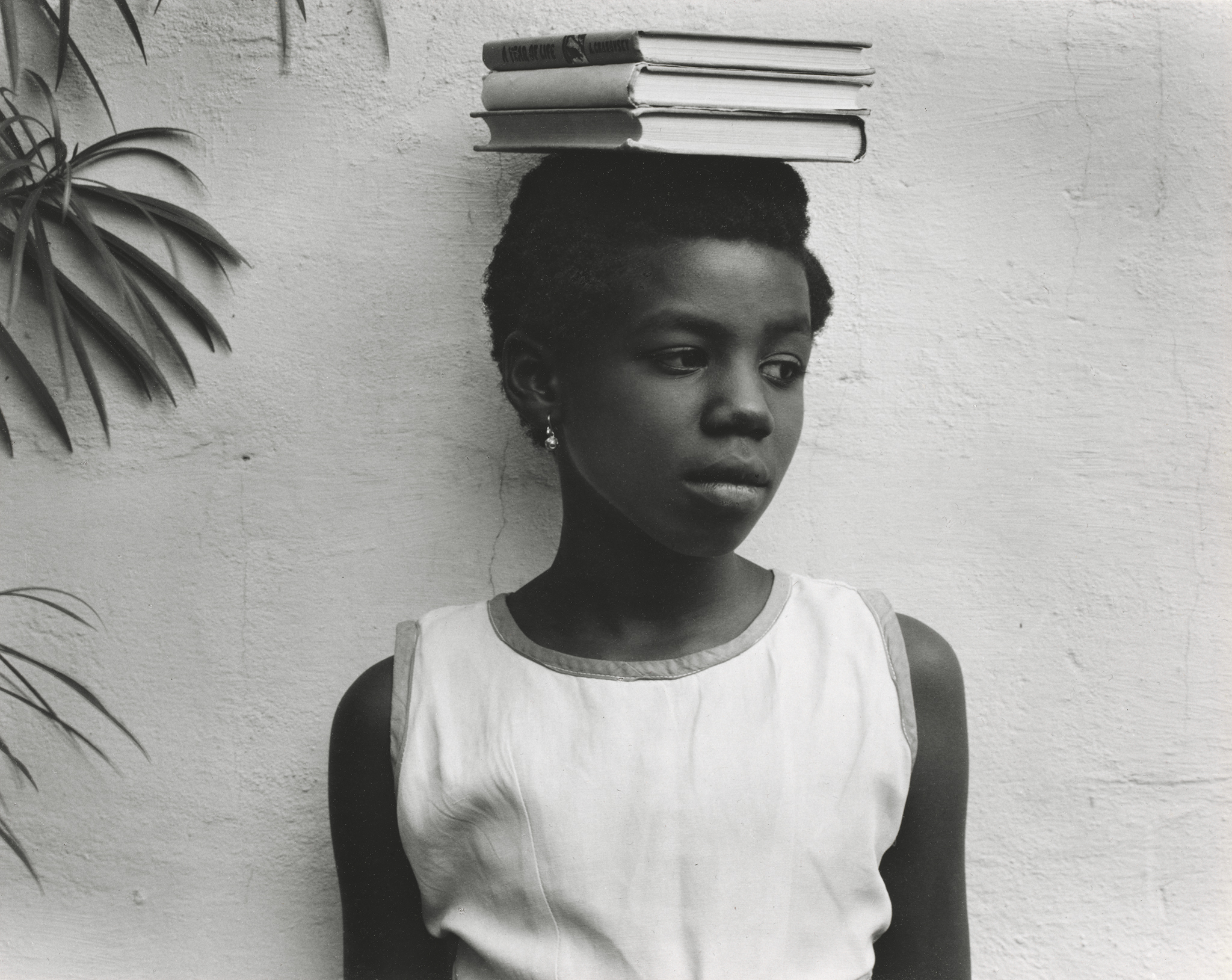The photographer Paul Strand’s Portraits of 1960s Ghana
With Kwame Nkrumah's support, Strand’s last major photographic project was of Ghana over three months between 1963 and 1964.

“The Artist’s world is limitless,” remarked photographer Paul Strand once. “It can be found anywhere, far from where he lives or a few feet away. It is always on his doorstep.”
A photographic icon of the 20th century, Strand was a major advocate for considering photography as a serious art form. His career of more than 60 years is currently being honored at the Philadelphia Museum of Modern Art with the show Paul Strand: Master of Modern Photography, which runs through January 4, 2015. Though Strand got his start taking street portraits in New York City, his later years were dedicated to capturing the character of diverse landscapes including Mexico, France, Italy, Scotland, Morocco, Egypt, Romania and Ghana.
With the support of President Kwame Nkrumah, Strand’s last major geographic portrait was of Ghana, where he took photographs over the course of roughly three months between 1963 and 1964. This body of work resulted in the publication of the book Ghana: An African Portrait, which featured a companion text by the great Africanist scholar Basil Davidson. This journey was also captured briefly in the documentary about Strand’s life, Under the Dark Cloth.
The book depicts Ghana as a new African nation of peoples poised for industrial ascension. In his illustration of this theme, Strand produced portraits of students, vibrant marketplaces and technical machinery.
Though he believed in the honesty and objectivity of the camera as an artistic tool, Strand was also well aware of the photographer’s control over their images. Thus, images of technological advancement in the book, are sometimes paired with those depicting traditional cultures and natural environments. While all the images represent the visual “truth” of what Strand’s camera documented, the manner of their juxtaposition implies Strand’s idea of “modernity” comes from a diet of increasing industrial growth and Westernization.
However, it must be said that Strand, throughout his career, took great pains to ensure his portraits of people captured their humanity and their dignity. Unlike some of his Western contemporaries taking patronizing anthropological photographs throughout the continent, Strand’s images identify his subjects by name and often mention their communities as well. The portrait of Anna Attinga Frafra for example, depicts a quiet moment, in which Ms. Frafra rests three books comfortably on her head. An image of such grace could only be taken with the trust of the model.
In the few months Strand spent in Ghana he could not possibly have captured his surroundings with the ease and nuance of Ghanaian photographic great, James Barnor or the newer generation of incredibly talented Ghanaian imagemakers such as TJ Letsela, Nana Kofi Acquah, Ofoe Amegavie and Nyani Quarmyne, yet Strand’s photographs endure nonetheless as windows through the Western lens into the optimism and dignity of post-colonial Ghana.
In Strand’s words again, this time from a 1973 interview:
“The People I photograph are very honorable members of this family of man and my concept of a portrait is the image of somebody looking at is as someone they come to know as fellow human beings with all the attributes and potentialities one can expect from all over the world.”

























